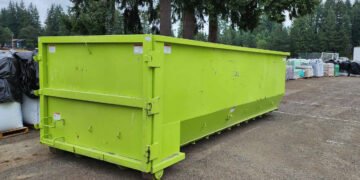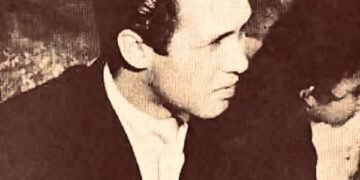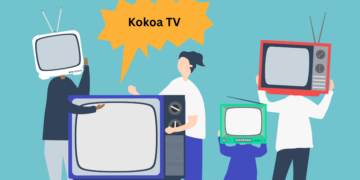Upper back pain can be one of the most debilitating conditions known to man, especially if you are obligated to still carry out your professional responsibilities and adhere to your personal commitments.
In an effort to help you avoid experiencing upper back pain as much as possible, continue reading to discover the most common causes of upper back pain.
Serious Injury
Obviously, if you have been in an automobile accident, or have suffered an incident at work whilst manually handling heavy goods, you can experience anything from a minor and temporary back injury to a more serious and permanent problem with your upper back.
The most common situations where serious and traumatic injury to the back can occur include transport accidents, work-related accidents, working out and exercising too hard, falling and slipping, and lifting in an incorrect manner.
Poor Posture
If an individual spends an inordinate amount of time each and every day sitting down, especially, for example, if they are a writer and spend any hours working on a computer, then incorrect posture and slouching in their seat can cause a myriad of different issues with their upper back.
Contrary to popular belief, poor posture can also lead to needing spinal surgery and your medical doctor may well recommend booking an appointment with an established and expert clinic such as BioXcellerator to have a full assessment of your back.
Overuse of Muscles
For some people, instead of a notable accident or injury to which they can accurately trace their back pain to, it is possible instead that your upper back pain is simply a result of overusing your muscles in repetitive activity.
Imagine a pitcher in the game of baseball who, every single time they pitch the ball, repeats exactly the same action with their arm and shoulder. Signs and symptoms of muscle overuse include a tingling sensation, itching around the area, a physical feeling of strain, or pain in the area.
Herniated Disc
Your spine consists of a series of connected discs and a slipped, or herniated, disc can cause an extreme amount of back pain, both in the lower and upper back areas.
Between each of the vertebrae in your spine, there are discs which are essentially rubbery and spongy cushions and either due to an accident or stress and pressure on the back over time, a herniated disc can occur when one of these cushions pokes through to the spine.
When it comes to treating a herniated disc, there are several different options, with the most common being non-steroidal anti-inflammatory drugs such as co-codamol and ibuprofen (together with plenty of rest and sleep). Signs and symptoms of a herniated disc include neck pain, aching in the shoulders, muscle fatigue and weakness, and issues with straightening and bending your back.
Additionally, if you are experiencing tingling and numbness in your back, hands, feet, legs, arms, or shoulders, this could also be a sign of a herniated disc.






























































